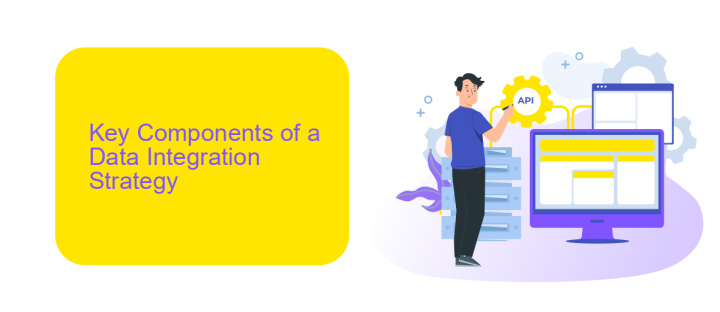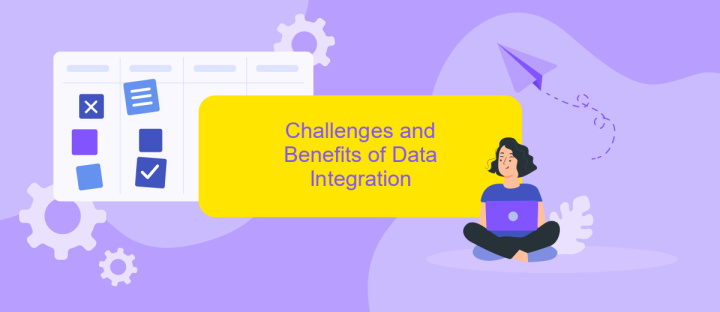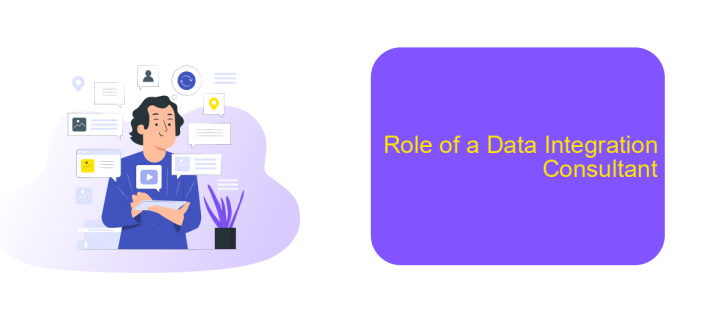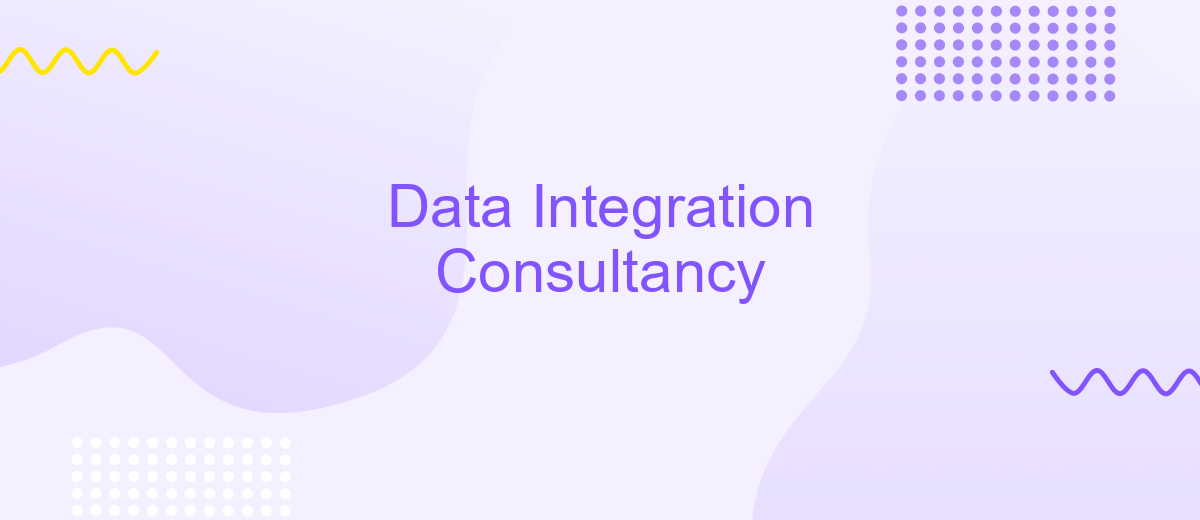Data Integration Consultancy
In today's data-driven world, seamless data integration is crucial for businesses to thrive. Our Data Integration Consultancy offers expert solutions to unify disparate data sources, ensuring accurate, real-time insights. With a team of seasoned professionals and cutting-edge technology, we help organizations streamline operations, enhance decision-making, and drive growth by transforming data into valuable assets.
Introduction to Data Integration Consultancy
Data integration consultancy is a specialized field focused on helping organizations seamlessly combine data from various sources into a unified, coherent system. This process is crucial for businesses aiming to leverage their data for strategic decision-making, operational efficiency, and competitive advantage. Consultants in this domain offer expert guidance on selecting the right tools, designing integration architectures, and implementing solutions tailored to specific business needs.
- Assessment of current data infrastructure
- Identification of integration requirements
- Selection of appropriate integration tools
- Design and implementation of integration solutions
- Ongoing support and optimization
One of the tools frequently recommended by consultants is ApiX-Drive, a service that simplifies the integration process by connecting various applications and automating data workflows. ApiX-Drive allows businesses to integrate their systems without extensive coding, reducing both time and cost. By leveraging such tools, data integration consultancy ensures that organizations can efficiently manage and utilize their data for maximum impact.
Key Components of a Data Integration Strategy

Effective data integration strategies hinge on several key components that ensure seamless data flow and integrity. Firstly, data mapping and transformation are critical for aligning disparate data sources into a coherent structure. This involves converting data into a consistent format that can be easily processed and analyzed. Ensuring data quality through validation and cleansing processes is also essential to eliminate inaccuracies and redundancies, thereby enhancing the reliability of integrated data.
Another crucial component is the selection of the right tools and technologies for integration. Platforms like ApiX-Drive offer robust solutions for automating data workflows, enabling real-time data synchronization across multiple systems. Security measures, including encryption and access controls, are vital to protect sensitive information during transfer. Lastly, continuous monitoring and maintenance are necessary to address any integration issues promptly and to adapt to evolving business needs, ensuring the long-term success of the data integration strategy.
Challenges and Benefits of Data Integration

Data integration presents several challenges, such as data inconsistency, security risks, and system compatibility issues. These obstacles can complicate the process of merging data from disparate sources, leading to potential data loss or corruption. However, overcoming these challenges is crucial for businesses aiming to leverage their data effectively.
- Data Consistency: Ensuring uniformity across different data sources.
- Security: Protecting sensitive information during the integration process.
- Compatibility: Aligning various systems and formats for seamless integration.
Despite these challenges, the benefits of data integration are substantial. It enhances decision-making by providing a unified view of data, improves operational efficiency, and fosters better collaboration across departments. Tools like ApiX-Drive simplify the integration process by automating data synchronization between various platforms, thus mitigating many of the common challenges. Ultimately, effective data integration can lead to more informed business strategies and a competitive edge in the market.
Role of a Data Integration Consultant

A Data Integration Consultant plays a crucial role in ensuring seamless data flow across various systems within an organization. They are responsible for designing, implementing, and managing data integration solutions that enable efficient data exchange and consistency. Their expertise helps organizations make informed decisions based on reliable data.
Data Integration Consultants often work with tools like ApiX-Drive to automate and streamline the integration process. ApiX-Drive allows for easy connection between different software applications, reducing the need for manual data entry and minimizing errors. This service is particularly beneficial for businesses looking to enhance their operational efficiency.
- Assessing organizational data needs
- Designing integration architectures
- Implementing integration solutions
- Monitoring and maintaining data flows
- Providing training and support
By leveraging their skills and tools like ApiX-Drive, Data Integration Consultants help organizations achieve a cohesive data environment. This not only improves data accuracy but also boosts productivity by ensuring that data is readily available and easily accessible across different platforms.
- Automate the work of an online store or landing
- Empower through integration
- Don't spend money on programmers and integrators
- Save time by automating routine tasks
Conclusion and Best Practices
In conclusion, effective data integration consultancy is pivotal for businesses looking to streamline their operations and make informed decisions. By leveraging advanced tools and methodologies, companies can ensure that their data is accurate, consistent, and accessible across various platforms. A well-executed data integration strategy not only enhances operational efficiency but also provides a competitive edge in the market.
To achieve the best results, it is essential to follow best practices such as thorough planning, choosing the right tools, and continuous monitoring. Utilizing services like ApiX-Drive can greatly simplify the process of integrating various data sources, offering a user-friendly interface and robust functionalities. Regularly updating your integration protocols and staying informed about the latest trends in data integration will help maintain the integrity and relevance of your data. By adhering to these practices, businesses can maximize the benefits of their data integration efforts.
FAQ
What is Data Integration Consultancy?
Why is data integration important for businesses?
How can a Data Integration Consultant help my business?
What tools or platforms are commonly used for data integration?
How long does it typically take to implement a data integration solution?
Apix-Drive is a universal tool that will quickly streamline any workflow, freeing you from routine and possible financial losses. Try ApiX-Drive in action and see how useful it is for you personally. In the meantime, when you are setting up connections between systems, think about where you are investing your free time, because now you will have much more of it.


